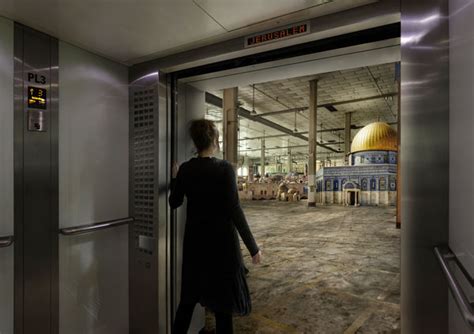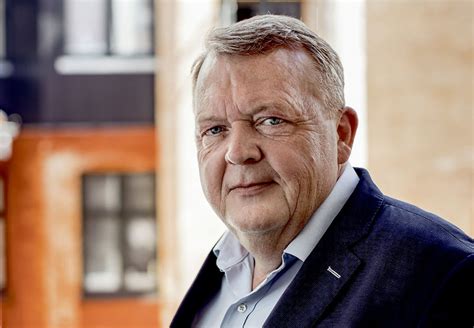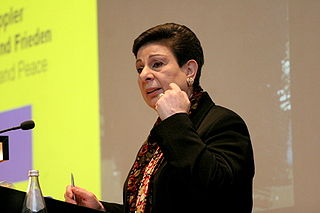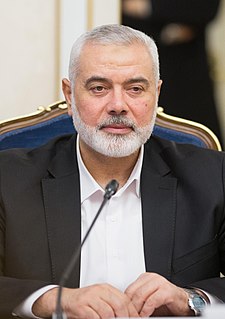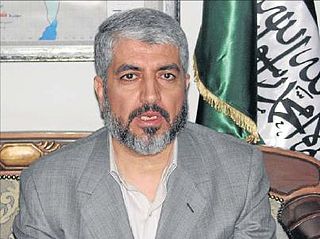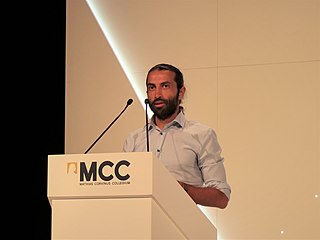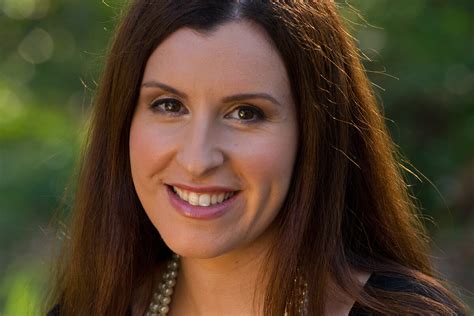A Quote by Larissa Sansour
I think I'm most comfortable when I function in a parallel space that's not separate from political reality, but somehow comments on it from a different portal. The crisis in the Middle East has been ongoing and repetitive and I feel solutions on the ground have reached an impasse. It is somehow necessary to change the way we approach commentary on the subject. I do think that erecting a meta-space that functions according to its own autonomous abstractions and logic could be more effective in finding ways of dealing with the problem at hand, than using our standard tools of analysis.
Quote Topics
According
Analysis
Approach
Autonomous
Been
Change
Comfortable
Commentary
Comments
Could
Crisis
Dealing
Different
East
Effective
Feel
Finding
Function
Functions
Ground
Hand
Impasse
Logic
Middle
Middle East
More
Most
Necessary
Ongoing
Our
Own
Parallel
Political
Portal
Problem
Reached
Reality
Repetitive
Separate
Solutions
Somehow
Space
Standard
Subject
Than
Think
Tools
Using
Way
Ways
Related Quotes
No art takes places without inspiration. Every artist also needs effective knowledge of his or her tools (e.g., does a certain brush function well with a particular kind of paint?). What's more, artists need effective techniques for using those tools. Likewise, to express ourselves skillfully with maximum efficiency and minimum effort, we need to investigate the most effective ways of using the mind and body since, in the end, they are the only "tools" we truly possess in life.
I think the public is very reluctant to get involved in more foreign wars, especially in the Middle East. And they understand, implicitly, that we go to war in the Middle East because of oil. And if we don't want to go to war in the Middle East, then we have to do something about the oil problem. And I think that view is gaining ground in the U.S.
Our communication space is very fragmented today. We have a million different tools for different things with lots of different kinds of overlaps. The most natural way to try and solve that problem is to take all those different tools and try to make them smaller and fit into a single package and maybe integrate them across the boundaries.
Whenever humanity seems condemned to heaviness, I think I should fly like Perseus into a different space. I don't mean escaping into dreams or into the irrational. I mean that I have to change my approach, look at the world from a different perspective, with a different logic and with fresh methods of cognition and verification.
In my work, it's simultaneously realities, instead of parallel. Simultaneous avoids the problem of alternate reality. In parallel reality, there's always a hierarchy, and there doesn't necessarily have to be a hierarchy. When you're in a palace like Blenheim, you're supposed to be in awe - why not be in awe of something different than the stuff they're showing you? It's about finding your own existential place.
For me space rock is something that takes you out of yourself and out of your normal realm. And if space happens to be that inner space or outer space it's a very personal thing. I think that mantra is space music. I think that Native American tribal drumming is space music. Anything that allows you to go inward to go outward and to move within a space that is not normal to your reality.
We are somehow the children of the planet, we are somehow its finest hour; we bind time, we bind the past, we anticipate the future - we are going hyper-spatial; we are claiming a whole new dimension for biology that it never claimed before. We are actually becoming a fourth-dimensional kind of creature. Our future is somehow with us, as we seem to be able to move through metamorphosis into our own imaginations - a super civilization spread throughout space and time. Our future is a mystery, our destiny is to live in the imagination.
Anytime we think the problem is 'out there,' that thought is the problem. We empower what's out there to control us. The change paradigm is 'outside-in' - what's out there has to change before we can change. The proactive approach is to change from the 'inside-out': to be different, and by being different, to effect positive change in what's out there - I can be more resourceful, I can be more diligent, I can be more creative, I can be more cooperative.
